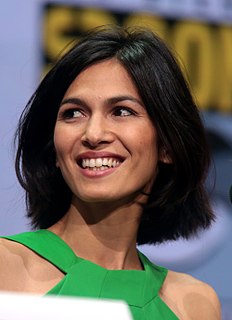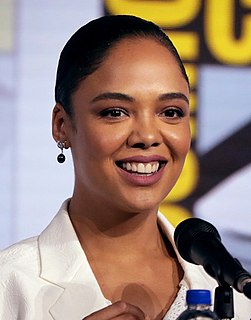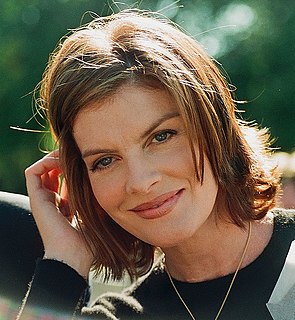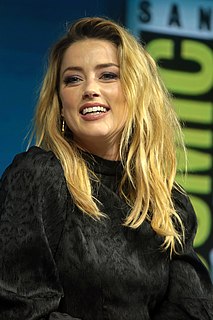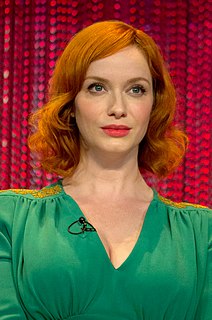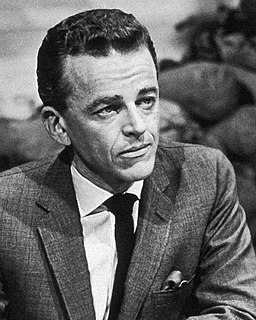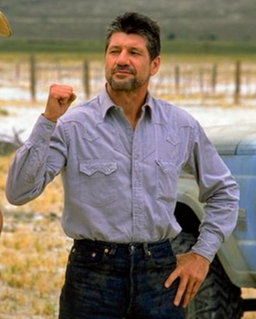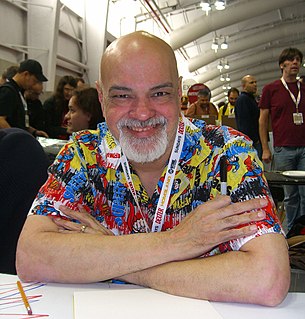A Quote by Ken Follett
In my books, women often solve the problem. Even if the woman is not the hero, she's a strong character. She does change the plot. She'll often rescue the male character from some situation.
Related Quotes
I get a stack of scripts, like, once a month, and most of the time, you find these placeholder girls that are there to provide a bounce for the male character. So we know he's funny because she's serious and she's mad at him. We know he's strong because she needs saving. So really, her job is to validate this personality trait of our hero or male.
People always say, "You played such a strong character." I remember someone said that to me when I played a role in Shame, and she was a suicidal mess. I said, "She's not strong at all; she's incredibly weak." But "strong" to people means "real." It means you believe that's a person who exists, as opposed to some two-dimensional depiction of women.

